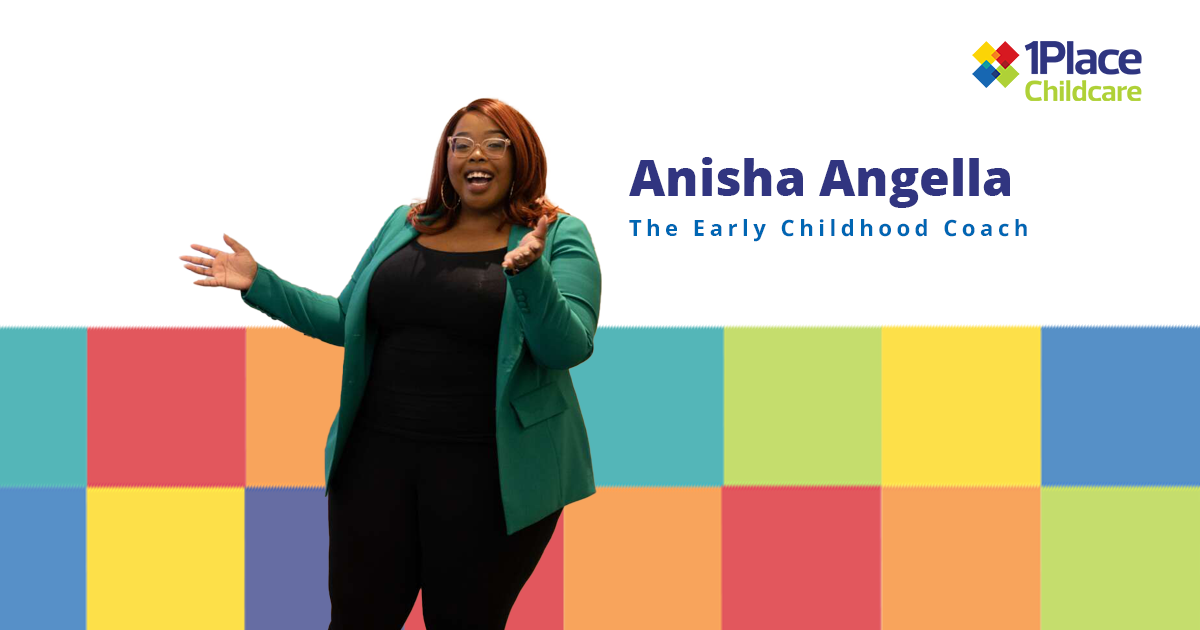 A successful childcare center doesn’t just meet compliance but continuously improves its best practice processes and achieves a consistent high standard of quality in its environment.
A successful childcare center doesn’t just meet compliance but continuously improves its best practice processes and achieves a consistent high standard of quality in its environment.
As childcare expert Kris Murray explains, this sets the scene for children to have the best possible chance for a great start to their education and to receive the best possible care – and also gives centers a competitive edge.
On her podcast, Kris, the brains behind US-based The Childcare Success Company, speaks with 1Place Childcare CEO and Founder Martin Bing about how 1Place Childcare software can help centers to be more efficient.
Keeping track remotely
For directors and owners of multiple centers, it has been difficult to keep track of each one without physically visiting them, which can be time consuming and is made even more difficult by the current pandemic conditions. Keeping track of compliance measures and ascertaining what needs to be done is a headache without some processes in place – and for managers of centers, that headache can prevent children from being the focus of their day-to-day work.
Digitalization and automation are making short work of tedious and time-consuming tasks in all areas of life, and for childcare centers, 1Place Childcare is the perfect antidote to the aforementioned pains. The compliance and best practice software comes highly recommended by experts like Kris.
“If owners and leaders want to be able to streamline processes, use checklists for training, use them to dial into compliance and licensing and have that oversight over multiple locations, this is the perfect tool,” says Kris.
Safer centers
Lately health and safety has been at the forefront of everybody’s minds, especially in the field of early childhood education. Many centers are following the guidelines for their locations and doing temperature checks, extra cleaning, and detailed sign-ins at the gate. These details can be stored digitally in 1Place, and it is even possible to save images of thermometer readings along with the records. This visual proof can be invaluable if a center is audited or if problems arise.
For maintenance issues around a center, 1Place takes over the mental load of remembering what needs to be done. Simply flag a problem and a ticket will be issued to follow up in a timely fashion. This means managers of multiple centers can also get real time feedback on the maintenance needs of each center and ensure problems don’t go unsolved.
The same goes for incident reports. By tracking when these happen and how often, it can be possible to see if certain incidents are happening more readily at certain centers and if changes need to be made to ensure that center is safer for the children.
A picture = 1000 words
Imagery is an important implement in the 1Place software toolbox. Images of the ideal look and feel of the spaces within a center can be compared with images of the actual spaces on a regular basis, providing reassurance to the owners that the brand and quality standards of the center are being met. This also means that staff can be rewarded or complimented for a job well done instead of feeling like their hard work goes unnoticed.
Similarly, video can be a great way to provide reassurance and education for staff and parents, explains Kris. “We have people with new policies around drop off; shoeless environments; they have new handwashing procedures. You can use video to demonstrate these and it’s an excellent ‘video tour’ to comfort parents because the big fear is they’re nervous for their child’s health and safety.”
Checklists for the win
1Place has a starter pack of checklists that can help centers with process improvement and drive the ability to manage health and safety. The creator of 1Place, Martin Bing says: “Compliance gets a bad rap because it’s something we have to do, but a lot of clients do it – not because they have to but because they see it as a way of improving the quality of their centers and standardizing best practice.”
Improving our centers is a win for all involved: owners, managers, leaders, staff, parents, and most importantly, the children who attend them.
Watch the full interview with Kris Murray and Martin Bing here:



